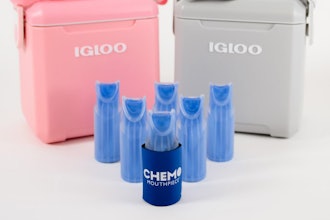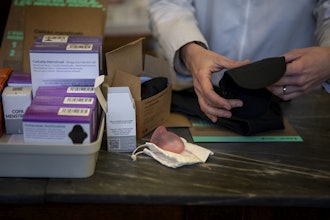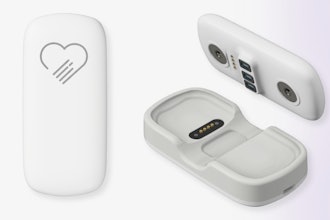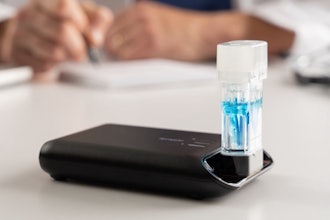
Royal Philips has teamed up with Biodesix to incorporate the results of Biodesix’s Nodify Lung blood-based lung nodule risk assessment testing into Philips Lung Cancer Orchestrator lung cancer patient management system.
The incorporation of proteomics data – along with the radiologic and patient history data currently used to determine treatment decisions – can help create diagnostic efficiency for cancer care centers in the management of a growing number of lung nodule cases, via the contextual launch of Biodesix Nodify Lung application within Lung Cancer Orchestrator.
Philips Lung Cancer Orchestrator solution is designed to enable health systems to operationalize lung cancer screening and lung nodule management programs at scale. Lung cancer remains a leading cause of cancer deaths worldwide, with current 5-year survival rates after diagnosis typically less than 20%. If detected and treated early, however, research shows 10-year survival rates could increase to more than 90%.
Thanks to the adoption of low-dose CT (computer tomography) screening and better management of incidental lung nodule findings, early-stage diagnosis and treatment is now possible, but has resulted in rapidly increasing caseloads. For example, recent changes in U.S. guidelines have nearly doubled the number of people now eligible for lung cancer screening.
“By incorporating Biodesix’s Nodify Lung testing, we take another step in leveraging integrated diagnostics from imaging, genomics, and now proteomic results from a simple blood draw to address key moments in the lung cancer patient journey, support care team decision-making, and help health systems learn from their practice patterns in a dashboard view,” said Louis Culot, General Manager Oncology Informatics and Genomics at Philips. “We expect the inclusion of Biodesix’s ground-breaking technology in Philips Lung Cancer Orchestrator to help drive more confident decisions for the care team, and ultimately benefit patients.”






















